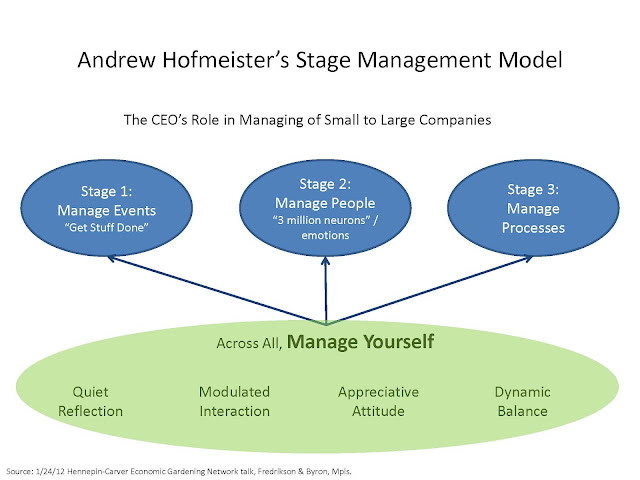Forum description for talk at the U of MN Humphrey Center:
"Health Care Reform and the Future of American Medicine"
Wednesday, January 25, 2012 11:30AM - 1:00PMCowles Auditorium, Hubert H. Humphrey Center
Dr. Emanuel was an electric, eloquent, and emphatic speaker on the topic of healthcare reform. Below are my notes from his lecture.
In 2011, $2.6 trillion was spent on Healthcare in the U.S. One of the most important graphs for understanding how the U.S. compares to other nations in healthcare spending is by looking at the HC Spending per Capita vs. the GDP per Capita, which shows that the U.S. spends 40% more on healthcare per capita vs. the other wealthy nations, yet we know that our results compared to other nations is abysmal:
Three notes from the graph:
- How rich = how $ are spent - CORRELATION
- Upward curve = behaves like a luxury good
- The U.S. is on another planet with our healthcare spend
Emanuel predicts that with reform, 2020 WILL BE BETTER:
- Coverage with exchanges & mandates
- COST
- new payment models away from fee-for-service
- coordinated care
- decrease in wasted care
- EHR's
- effectiveness of procedures
- performance of the system
- shared decisonmaking with patients leading to meeting patient goals at lower costs
- Insurance Reform - many reforms, including:
- mandated coverage
- no recission
- ability to stay on parents policy until 26
- req'd coverage for costs associated with clinical trials
- Improving Care
- PCO office $1.1 billion on cost-effectiveness research, slow but growing work
- Decline in re-hospitalizations
Promising reforms are also happening in Care Delivery. Now, 10% of the population controls 63% of HC spending, made up of chronic disease spending and spending on the elderly. The lower 50% of the population (where students etc. are), only accounts for 3% of spending. Thus "consumer-driven healthcare" solutions won't change the big spend items (some people would disagree with this.... see Regina Herzlinger.)
How to transform healthcare delivery:
- Information
- New Infrastructure (i.e medical homes, group health in Seattle)
- Incentives
Milstein's Home Runs:
- increased quality at lower cost
- teams
- individualized care
- standardized care pathways
- specialized clinics for special care
- Health Information Tech
- Work to increase adherence to medications
- New services - email, telephone, wireless monitoring of things like BP & Weight
Example: BCBS & Calpers - decrease in hysterectomy & elective knee surgery; decrease in re-admissions; decrease in out-of-network services. Decrease of 15% in inpt readmis, (decrease in 50% of cost of admission?). Saving $15m on 40,000 patients averages out to $400/patient in savings.
BUNDLED PAYMENTS in 2013
Now we have 29 CV and 8 Ortho - Medicare has "priced" these already vs. fee for service. More to come.
What about the CONSTITUTIONALITY of the Act?
Legally, ACA is open & shut. Congress has power to regulate commerce with the Interstate & Indian tribe clause in the Constitution. With 17%+ of U.S. GDP being spent on Healthcare, it clearly necessitates governmental direction to regulate it for the good of the American population. Also to protect the health of fellow man. Washington required people to buy guns to protect the country. Now we're requiring people to buy health insurance.
In CONCLUSION, don't think of innovation in a small space. Healthcare Reform will impact innovation tremendously by lowering infections and errors, substituting cheaper care when appropriate, and lowering cost.
Karin's Big Picture:
Patients have to be able to access high-quality healthcare through private pay or AFFORDABLE insurance. For insurance to be affordable for HIGH-QUALITY care, health services costs must come down, which means the healthcare "mfg. system" has to be overhauled. Let's get to work America!


